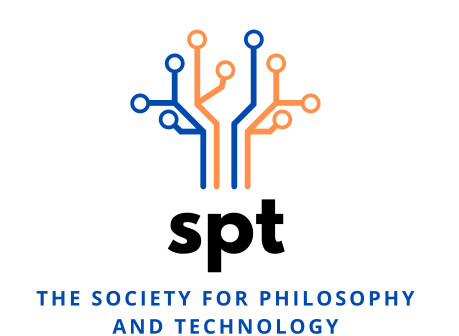SIG: Hyperrealistic Large Language Models and Robots
Chairs: Eric B. Litwack and Mark Fagiano
Goal: To explore how philosophers of technology should respond to the increasing presence and effects of hyperrealistic LLMs and robots.
Format: Webinar Series
Period: March 2025-February 2027
Contact: Eric B. Litwack, University of Sheffield and Syracuse University London, UK: DrDeco10@gmail.com, and Mark Fagiano, Washington State University, USA: mfagiano@gmail.com
Description:
Context and Aims
We are living through unpresented times. Technological advancements have generated new and unique types of philosophical questions concerning the realistic and humanlike qualities of LLMs and artificially intelligent robots. These developments have raised several concerns about the nature of reality, human identify, ethical action, and social well-being.
The central aim of these webinar discussions is to define, explore, and analyze emerging problems and concerns about this form of hyperrealism for the purpose of producing meaningful philosophical dialogue concerning the actual, or conceivable, effects of these technological advancements in the world.
In addition to philosophical inquiry, this series will also explore pragmatically minded considerations to identify actionable insights that might guide the ethical development and deployment of these technologies in various sectors, including media, healthcare, and security. By addressing these issues and concerns, we will aim to contribute to the formation of a variety of philosophical and ethical approaches that will help ensure that these technologies will serve humanity in just and equitable ways.
Webinar Series
We will invite twelve philosophers of technology for this webinar series for the purpose of exploring examples of hyperrealism and their philosophical significance. Specifically, we are seeking experts to explore emerging philosophical questions concerning ethical, aesthetic, ontological, and social political issues of hyperrealism, for instance, questions such as, but not limited to:
- How does hyperrealism challenge traditional notions of authenticity and representation in art and media?
- What ethical concerns arise from the increasing ability of AI to create hyperrealistic depictions of people or events?
- In what ways do hyperrealistic AI creations blur the line between fiction and reality, and what implications does this have for our perception of truth?
- How does hyperrealism influence our understanding of identity in the age of AI-generated content and advanced robotics? (particularly in relation to deepfakes, virtual personas, and robots that are increasingly towards the uncanny valley).
- To what extent does the ability of AI and robots to replicate human-like behavior and appearance impact our understanding of consciousness and personhood?
- What role does hyperrealism play in shaping our cultural and political narratives, particularly in the context of media manipulation and propaganda?
- What ethical frameworks can guide the development and use of hyperrealistic AI and robotic technologies, especially in areas like entertainment, surveillance, and journalism?
- In what ways might hyperrealism in AI and robotics challenge our understanding of the nature of reality itself?
- What are the potential psychological impacts of prolonged interactions with hyperrealistic AI and robots, particularly in relation to empathy, psychotherapy, and emotional well-being?
